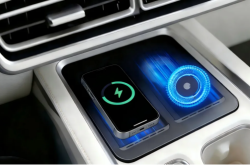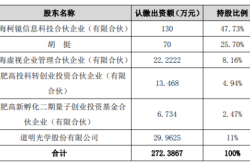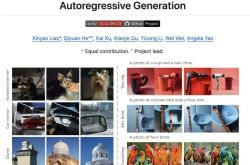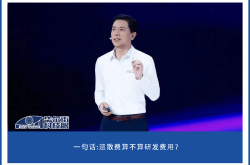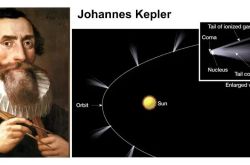Two changes of leadership in two years: How can SAIC Volkswagen "catch up"?
![]() 07/24 2024
07/24 2024
![]() 668
668
Will Tao Hailong continue Jia Jianxu's nine-word strategy?
"If cars are fully electrified, where should joint ventures invest? Where is their core competitiveness?"
One afternoon in July last year, Jia Jianxu, who had just taken office as General Manager of SAIC Volkswagen for about half a year, shared his thoughts with the market. He had to find a new anchor point for this joint venture automaker that had been in operation for 40 years.
His nine-word answer was, "Promote gasoline cars, stabilize electric cars, launch Audi." At the same time, he set a timeline for this strategy, "This is a 24-month plan, not long-term."
Counting from his appointment in February 2023, the 24-month deadline means that SAIC Volkswagen should be able to implement the nine-word strategy in the market by 2025. However, Jia Jianxu was acutely aware that before completing the nine-word strategy, there must be a point that could stabilize the ship's forward momentum.
The focus is on PHEV solutions. "In 2024, PHEV products will launch a full-scale attack on gasoline cars."
Jia Jianxu also knew that in the dazzling PHEV market, SAIC Volkswagen must do something to make a splash, otherwise consumers would forget that SAIC Volkswagen still has PHEV models. "If they forget about us now, it will be difficult to remind them in 24 months."
This was Jia Jianxu's strategic plan.
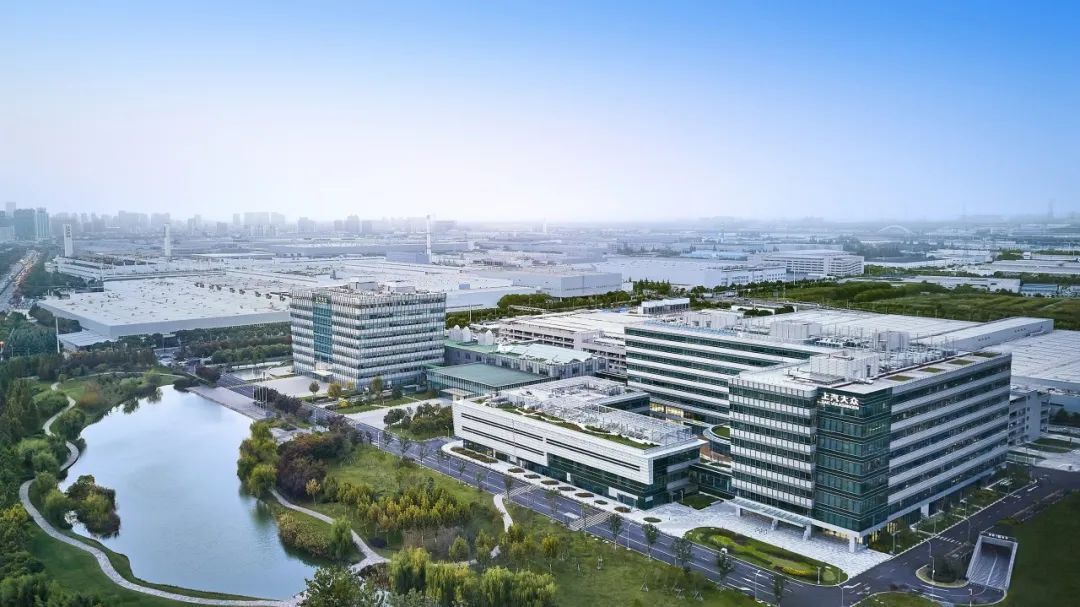
However, about a year and a half after taking office as General Manager of SAIC Volkswagen, his position changed. Less than a month after becoming President of SAIC Motor, he stepped down from his concurrent position as General Manager of SAIC Volkswagen, and Tao Hailong, the former General Manager of Huayu Automotive Systems Co., Ltd., took over the position.
As we all know, every new leader brings their own strategic thinking. Countless facts also prove that replacing the helmsman in a short period of time can easily lead to unclear directions.
So, will Tao Hailong continue Jia Jianxu's nine-word strategy? The market is eagerly waiting to see.
To stabilize, we must find an anchor point
From General Manager of Yanfeng to General Manager of SAIC Volkswagen, whether Jia Jianxu can help SAIC Volkswagen regain the "serving rights" in the era of intelligence is an unknown answer.
Remember, the answer was unknown at that time because SAIC Volkswagen was a bit off course and indeed needed to complete a self-rescue transformation. However, the situation was not optimistic. The reputation of traditional gasoline cars was declining, and the electrification transformation did not meet expectations, leaving SAIC Volkswagen behind the times.
No one knew if Jia Jianxu, born in 1978, a young and reform-minded leader, could bring new thinking to SAIC Volkswagen, which had been struggling on the road of transformation for years, and find a stable direction.
Of course, to find a direction, the first priority is to accurately identify the problem.
The problem is also stark. Borrowing a quote from Herbert Diess, the former CEO of Volkswagen Group, "Volkswagen must change the way it sells electric vehicles in China to address its poor sales performance in this largest global automotive market."
Yes, SAIC Volkswagen, which was accustomed to being a dominant player in the gasoline car era, found itself awkwardly unable to find its place in the new energy era. However, the process of finding a position is long, and it is crucial to survive the painful period of declining sales, profit drops, and new product ramp-ups during the product structure transition.
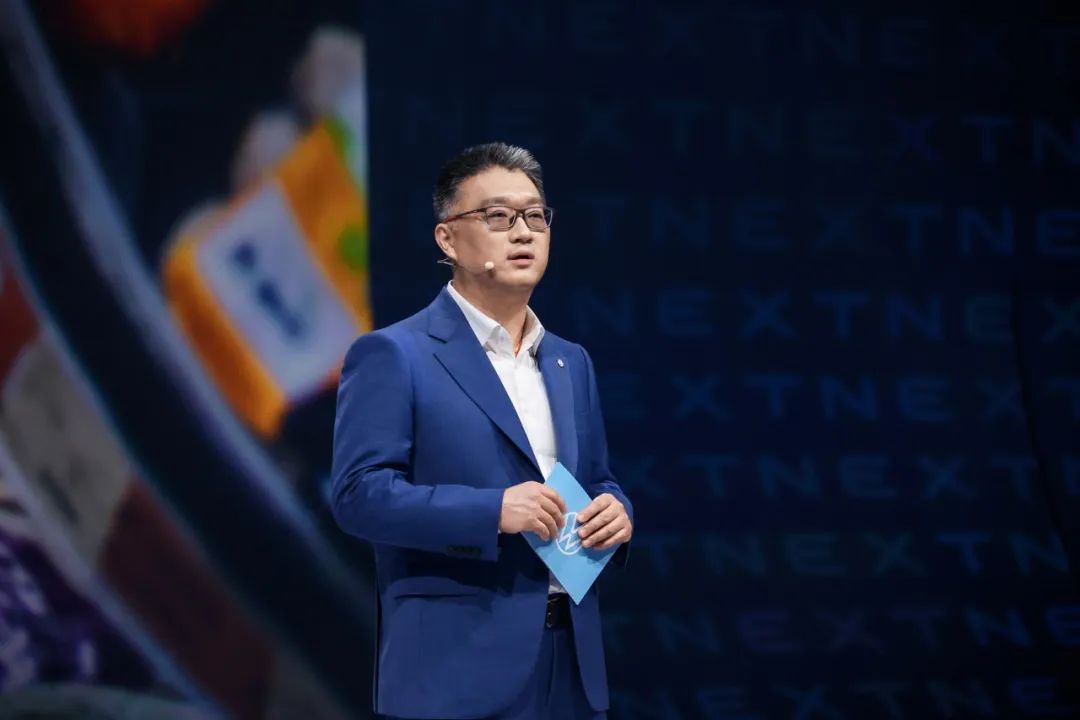
Jia Jianxu once said in an interview, "If a ship is to be stable, it must find an anchor point, otherwise, one won't know why they win or lose. Now we need to focus and not spread our efforts too thinly, but to concentrate on what we can defend."
Being able to defend and stabilize is his most pressing task at the moment. This task poses a severe challenge to him.
Why?
Because when he was General Manager of Yanfeng, his style was one of expansion. Through acquisitions and mergers, he bought back all the foreign equity in Yanfeng's five joint ventures, integrating teams with different business lines and cultural backgrounds.
The industry often describes him as a "sharp reformer." However, from Yanfeng to SAIC Volkswagen, the task has changed, and overly sharp reforms are not suitable for the current SAIC Volkswagen.
How to stabilize the situation has become the most daunting problem for this giant ship. However, stability is just a process, not the goal of his coming to SAIC Volkswagen. Stability amidst change is the goal.
Change often means touching interests, and this is a tough nut to crack.
We all know that during the 40-year joint venture, the German side, one of the parent companies of SAIC Volkswagen, is often described as "arrogant" and "stubborn." This is also one of the reasons why SAIC Volkswagen has not found a clear direction in previous reforms. The biggest reason is that products have not been truly defined according to Chinese consumers' tastes.
Jia Jianxu also knew this. Old and new money need to be integrated, and only by being in China for China can there be a future. He must convince the Germans that the technological discourse in the new energy era lies in China. However, this is no easy task.
He once mentioned in an interview that as General Manager of SAIC Volkswagen, three things must be done to truly refresh the reform. First, select and place the right people in the right positions. Second, formulate a good strategy. Third, communicate effectively, especially with shareholders.
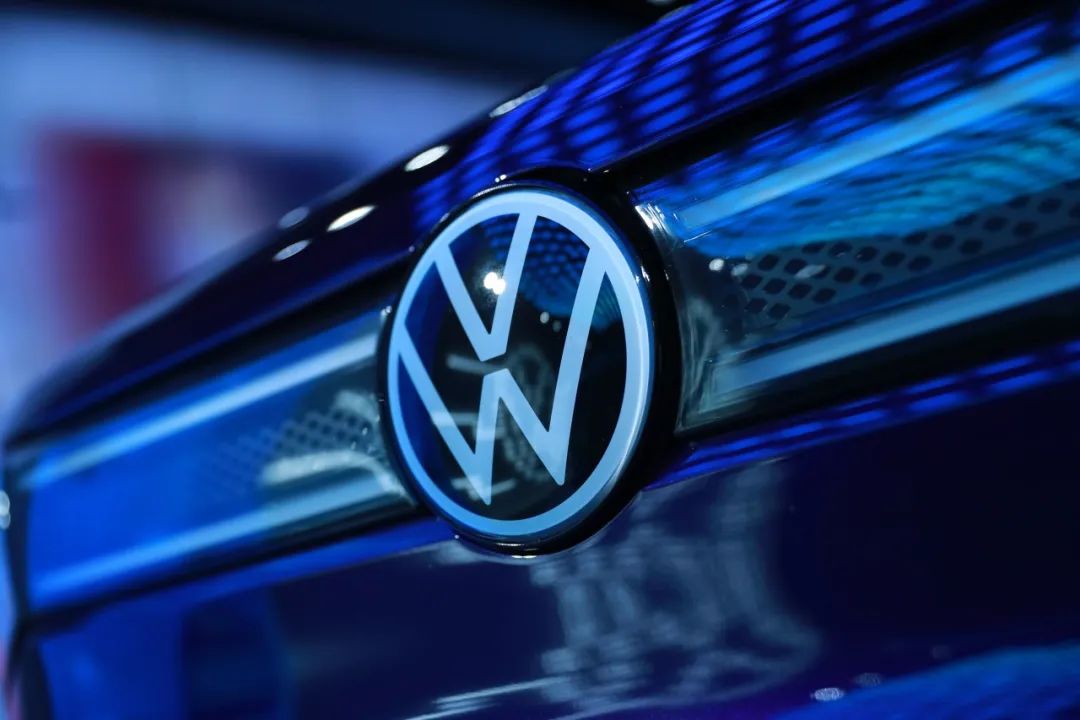
Because an important mission during Jia Jianxu's tenure relates to the direction of SAIC Volkswagen, a 40-year-old joint venture. The current joint venture agreement is valid until 2030, meaning that how the joint venture story will continue seven years from now depends crucially on Jia Jianxu's reforms.
Jia Jianxu's top priority is to communicate with the Germans, trying to convince them to "temporarily forget about profits and remember that Volkswagen exists for the people." He must "desperately communicate and exchange" to gain a certain degree of dominance.
"Volkswagen cannot afford to lose the Chinese market. The German side is also acutely aware of this, but the time left for them is limited." Oliver Blume, CEO of Volkswagen Group, has visited China multiple times in the past year, reflecting both Volkswagen's emphasis on the Chinese market and the German side's genuine urgency.
This was the situation when he took office as General Manager of SAIC Volkswagen. Chen Hong, who had just stepped down as Chairman of SAIC Motor, appointed Jia Jianxu to take over from Chen Xianzhang as General Manager of SAIC Volkswagen, hoping that the chaotic reforms could proceed more stably and sharply.
As for whether Jia Jianxu is the right person for the job, only the market can give the answer.
Last year was about stability, this year is about progress
In a year and a half, the market has also given some answers.
This reform is not merely a switch in product structure but involves everything from products to technology, from market scale to per-unit profits, from price wars to cost reduction targets, and from structural reforms to the second half of the joint venture era. Jia Jianxu must stabilize and find the right answers.
Remember, when Jia Jianxu was first appointed, I once used a quote from Kazuo Inamori to describe the situation he faced. "To turn the impossible into the possible, one first needs to reach a level of fanaticism, firmly believing that the goal can be achieved and making unremitting efforts to forge ahead towards it."
So, does Jia Jianxu have a fanatical desire?
The facts prove that he does.
Upon taking office, he formulated the nine-word strategy of "Promote gasoline cars, stabilize electric cars, launch Audi," and launched a full-scale attack on PHEV products in 2024 to stabilize sales, pace, and confidence, with a 24-month deadline. Of course, when formulating this strategy, he also prepared for the worst while anticipating the best results.
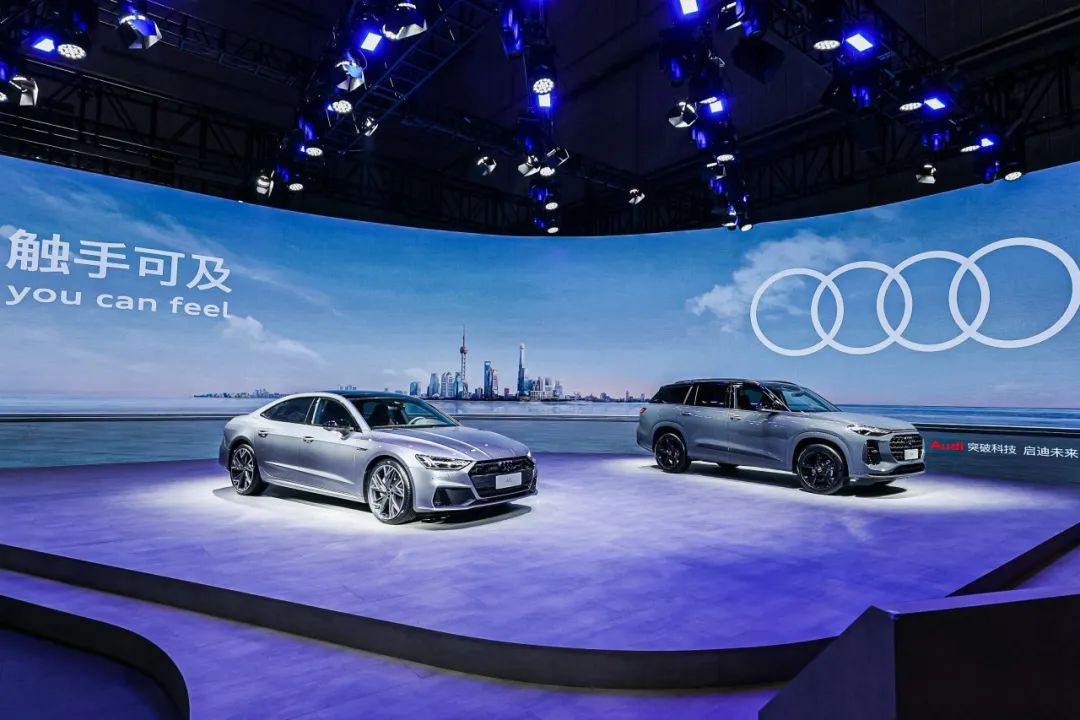
24 months is a long time in market competition, and the most daunting challenge for SAIC Volkswagen is to maintain a winning foundation during the transition period of new product launches.
Focus becomes the keyword during the transition period. Jia Jianxu also knows that a scattered approach is no longer suitable for SAIC Volkswagen; they must focus on what they can defend.
The first line of defense is to promote gasoline cars. As the name suggests, this means regaining market share in the traditionally strong gasoline car segment to ensure future penetration of PHEV products. Of course, not every gasoline car needs to be defended.
"We have also changed our overall gasoline car strategy. Originally, we abandoned old models when launching new ones, but now we launch new models without abandoning old ones, widening the price range to meet different consumers' requirements for the same brand of vehicles." At the same time, they must keep up with the times and make gasoline cars smarter. For example, the launched Tiguan L Pro is positioned as "the smartest gasoline car," promoting the concept of "equal intelligence for gasoline and electric cars."
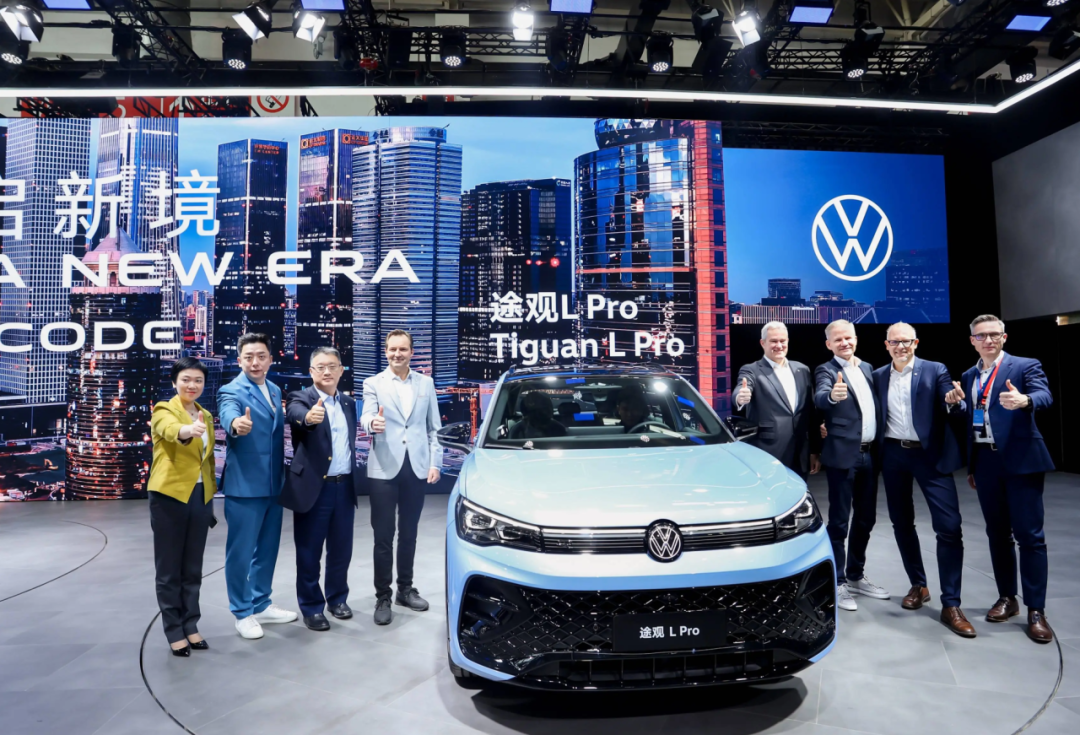
The second line of defense is to stabilize electric cars. In his plan, whether Volkswagen can be seen in the top 20% of the electric car market determines whether it can stand firm. However, he also knows that although the Volkswagen ID. series has been around for a long time, it has not truly gained traction in the market.
The ID.3 focuses on cost-effectiveness, with the main task of occupying the market. If it can rank in the top ten, it will achieve SAIC Volkswagen's goal. "We must use this car to occupy the market, reduce costs, and consolidate our market position."
The third line of defense is to launch Audi. From 2025 to 2026, SAIC Audi will launch three electric cars a year, according to his plan. "The Audi brand must move forward."
In the future, one-third electric, one-third hybrid, and one-third gasoline will be SAIC Volkswagen's product lineup. With the plan in place, the next question is how to execute it. Jia Jianxu's rich experience in the supply chain has helped him. He knows that the price wars raging everywhere are just superficial; internally, it's all about cost and technology battles.
Cost control is something both SAIC Volkswagen and Jia Jianxu are good at. The challenge lies in optimizing cost structures through technical solutions. For example, when launching PHEV models, Jia Jianxu and his team not only need to change the powertrain system but also study the overall solution.
Today, SAIC Volkswagen desperately needs new energy vehicles tailored to the Chinese market. Last July, SAIC Volkswagen treated its 30,000 employees to a free 30-yuan lunch to celebrate the approval of a self-developed plug-in hybrid project's technical route.
For Jia Jianxu, who was then at the helm of SAIC Volkswagen's transformation, the approval of this technical route was like opening a window. "In 2025, long-range PHEV models will be launched into the market, with 75% of the work entrusted to SAIC Volkswagen for development."
However, at this year's Beijing Auto Show, he revealed that the biggest topic of negotiation with the German side was to agree to transfer all hybrid models, including PHEV and extended-range vehicles, to SAIC Volkswagen, which will adopt an electric vehicle architecture.
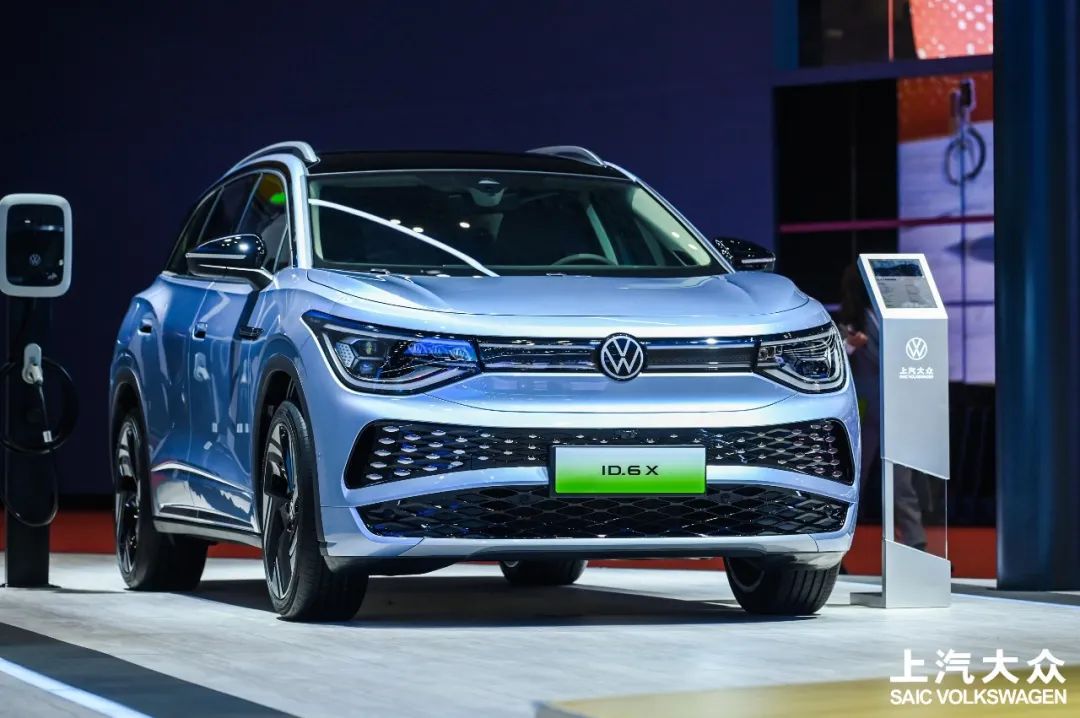
To respond to these new changes, SAIC Volkswagen has also adjusted its organizational structure. Currently, SAIC Volkswagen has four VLEs: Volkswagen MEB, Volkswagen mid/large cars, Volkswagen small/compact cars, and Audi.
This has two benefits. First, it enables high efficiency by breaking down traditional departmental distinctions and enabling cross-departmental collaboration. Second, it allows Chinese consumers to jointly define products.
Jia Jianxu's planning for SAIC Volkswagen is more extensive than outsiders might imagine. His aspiration is "at least not to be very slow, but to catch up." In the year and a half that he has been at the helm of SAIC Volkswagen, he has sorted out the reform's main thrust, discarding peripheral issues, and the unpromising situation is changing.
Data shows that SAIC Volkswagen's new energy vehicle sales exceeded 130,000 units in 2023, a year-on-year increase of 32%. In the first half of this year, SAIC Volkswagen sold 512,000 vehicles, with nearly 60,000 new energy vehicles, a year-on-year increase of 80.4%.
Most importantly, in the 40th anniversary of SAIC Volkswagen's establishment this year, the company has entered a new stage of joint venture cooperation from "technology introduction" to "technology co-creation." SAIC and Volkswagen have reached a plan to jointly develop multiple smart electric vehicles. "The entire joint venture is a system, and the foreign side is also changing. They clearly recognize that they cannot remain unchanged."
"Our strategy this year is not to retreat but to advance, and the key to advancing both gasoline and electric cars lies in progress," said Jia Jianxu.
Last year was about stability, this year is about progress.
However, the task of "how to progress" will now fall to Tao Hailong.
Tao Hailong, do you have a fanatical desire?
On July 10, Jia Jianxu was promoted to President of SAIC Motor, and there were immediate speculations that the position of General Manager of SAIC Volkswagen might change hands. Sure enough, just eight days later, SAIC Motor announced that Tao Hailong, the former General Manager of Huayu Automotive Systems Co., Ltd., would take over as General Manager of SAIC Volkswagen.
In January 2024, Tao Hailong became General Manager of Huayu Automotive. Six months later, he was recalled. In fact, looking at the recent General Managers of SAIC Volkswagen, this recall was not unexpected.
Both Chen Xianzhang and Jia Jianxu have experience in the supply chain system. This is an advantage, just as Lei Jun once pointed out that one of the reasons for Xiaomi's rapid progress in carmaking is China's comprehensive new energy automotive supply chain.
Today, numerous realities have told SAIC Volkswagen that transformation involves not only technological breakthroughs but also a complete industrial chain match. Moreover, one of the core reasons for SAIC Volkswagen's success over the past 40 years has been "localization" and a mature supply chain.
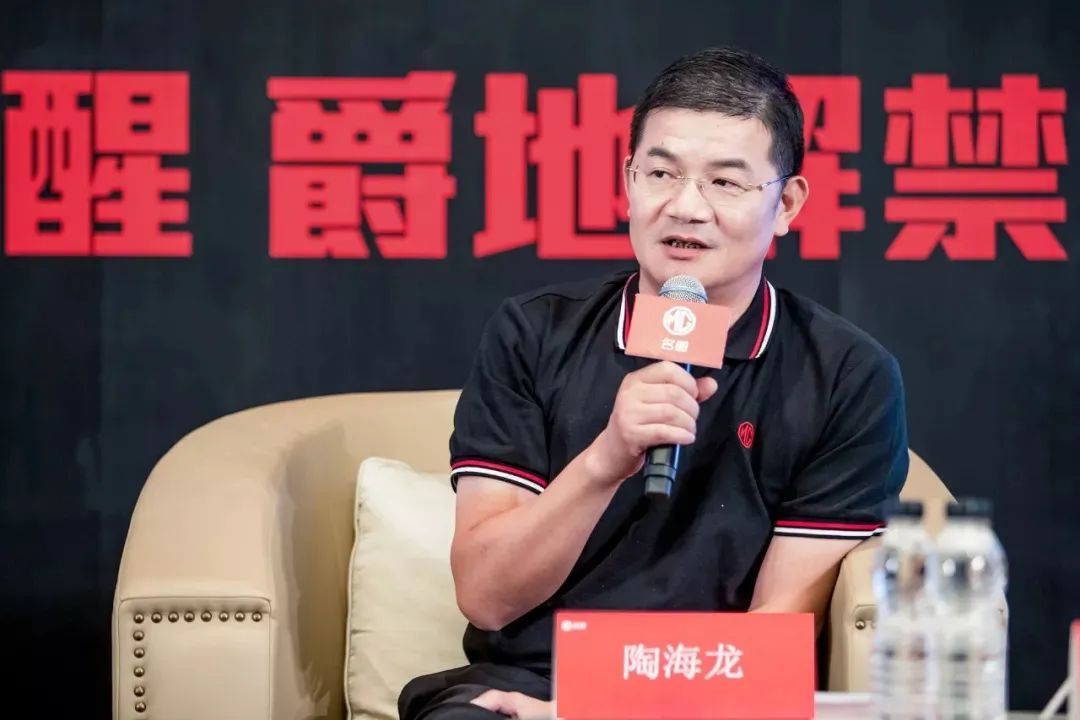
In the new phase of joint ventures for technological co-creation, the establishment of a local supply chain is crucial. Like Chen Xianzhang and Jia Jianxu, Tao Hailong, a leading expert in automotive production and quality control, is well-versed in the operations of whole vehicle enterprises and the component supply chain system.
This similarity is critical. It determines whether Tao Hailong can continue with the same mindset to complete the "24-month" cultivation period. It is well known that changing the leadership midway through a start-up is more likely to bring challenges than opportunities.
"2023, 2024, and 2025 will be relatively difficult years," Jia Jianxu said. "But by the second half of 2025, and starting from 2026, the world will be different. By then, all the planned products will be launched."
However, the strategy set by Jia Jianxu for SAIC Volkswagen is to "advance" this year. Born in 1968 and now 56 years old, is Tao Hailong a sharp reformer? Or the question is, does Tao Hailong want to continue executing this 24-month plan?
After the announcement of Tao Hailong's appointment as General Manager of SAIC Volkswagen, there were many doubts. Both within the industry and among consumers, the questions were: "At his age, can he keep up with market changes? Can his new strategies revitalize SAIC Volkswagen?"
The industry believes that at least from this year to next year, Tao Hailong will not make any significant reforms.
Looking at the sales performance over the past two years, although SAIC Volkswagen's situation has somewhat improved, it has not shown outstanding performance. Last year, the ID.3, which was SAIC Volkswagen's pioneer in the new energy sector, achieved sales of 37,400 units in the first half of this year. For SAIC Volkswagen's ambitious reforms, this is far from enough and still does not compete well in the broader market.
Currently, SAIC Volkswagen does not have a blockbuster pure electric model. Although the situation has somewhat improved, the path to reform remains long and arduous.
The challenges remain sharp.
So, does Tao Hailong have a fervent desire for success?
In SAIC Group's official announcement, he is described as "full of innovative spirit." Moreover, in the current phase of Sino-German technological co-creation, Tao Hailong, who has worked long-term in the quality assurance and manufacturing departments of SAIC Volkswagen, is making a return and is very familiar with SAIC Volkswagen's style.
According to official information from SAIC Group, after taking office, Tao Hailong will accelerate the transformation and upgrade of the Audi and Volkswagen brands' new energy sectors. This statement implies that Jia Jianxu's nine-word strategy remains the main direction for Tao Hailong's first year in office.
Only after the PHEV sector has risen, electric vehicles have stabilized, and Audi has been successfully developed will SAIC Volkswagen's joint venture enter a new chapter, allowing Tao Hailong to implement his "new strategy."
However, less than a year remains of the 24-month period. Whether they can "rise," "stabilize," and "succeed" is still uncertain.

